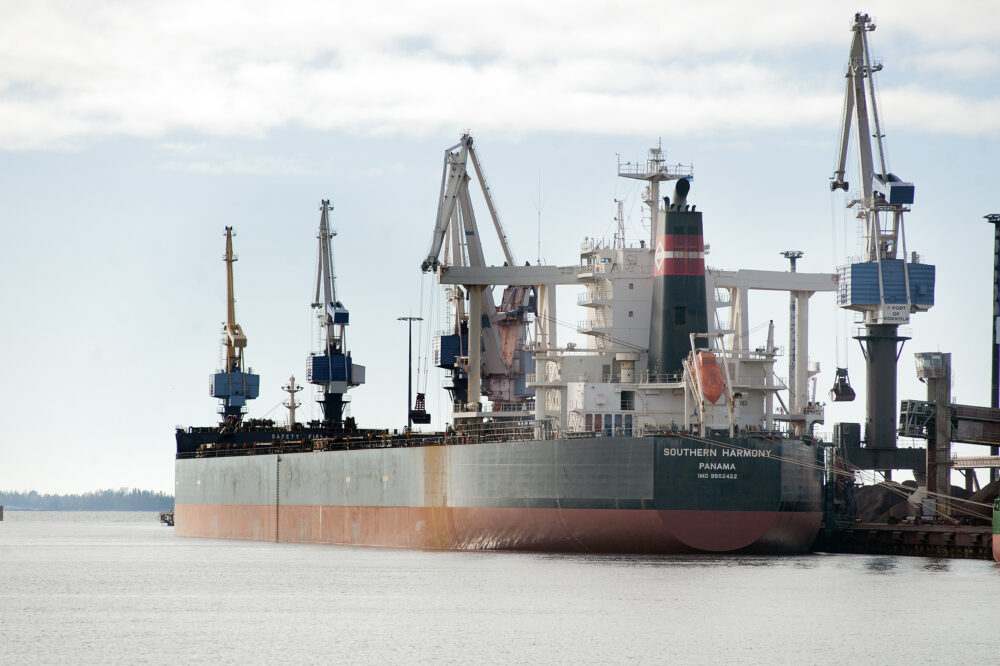The European Sea Ports Organisation (ESPO) has embraced the European Commission’s proposal setting out the new guidelines for the Trans-European Transport Network (TEN-T).
The proposal, which was published on 14 December, lifts the importance of the maritime dimension and the role of ports within the framework of Europe’s TEN-T policy.
In the proposal, maritime ports are defined as the entry and exit points for the land infrastructure of the trans-European transport network and, for the first time, explicitly recognized as cross-border multimodal nodes which serve not only as transport hubs but also as gateways for trade, industrial clusters, and energy hubs.
Reacting to the proposal, ESPO’s Secretary General, Isabelle Ryckbost, congratulated the Commission on the proposal and said: “ESPO and its members have always been strong supporters of Europe’s TEN-T policy and the current proposal gives the maritime dimension of TEN-T the place it deserves as an integral and equally important part of Europe’s transport infrastructure, with the seaports as the connecting points”.
According to ESPO, the proposal succeeds in adding some important missing connections and nodes to the network while maintaining the stability of the current network.
“European ports especially welcome the inclusion of all maritime links in the dimension of the European Maritime Space (former Motorways of the Sea). By enhancing the maritime links with Ireland and expanding a Corridor across the Western Balkans, the proposal reflects Europe’s current connectivity needs. The alignment of the Rail Freight and TEN-T Corridors are also an important step forward”, the statement reads.
European seaports also hail the new focus on the resilience of the network stating that not only climate resilience plays a crucial role to make port infrastructure future-proof, but cybersecurity and diversionary lines in the hinterland are also a main priority of ports.
On the other hand, ESPO expressed their regret that pipelines were not considered as part of Europe’s Transport Infrastructure adding that pipelines will increasingly play an essential role in the implementation of Europe’s decarbonization agenda and will be a necessary mode of transport for new energies.
“We will now look further into the details of the proposal, the annexes, and maps on the table, but we consider the proposal as a solid and good basis to work on with the Commission, Parliament, and Council”, Isabelle Ryckbost concluded.
Source: Offshore Energy






